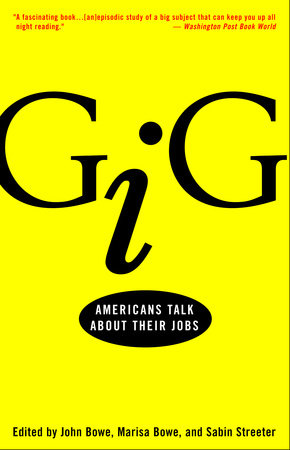

Ghettonation
By Cora Daniels
By Cora Daniels
By Cora Daniels
By Cora Daniels
Category: World History
Category: World History

-
$15.00
Sep 09, 2008 | ISBN 9780767922401
-
Mar 20, 2007 | ISBN 9780385521598
YOU MAY ALSO LIKE

The Wisdom Trail
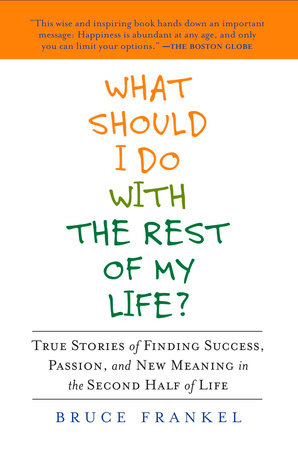
What Should I Do with the Rest of My Life?
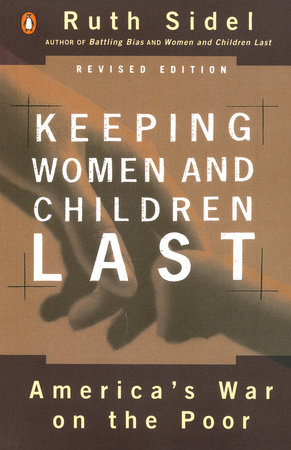
Keeping Women and Children Last

Loser Goes First
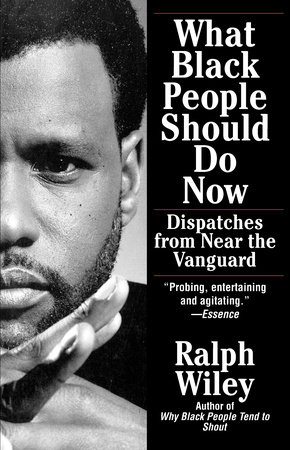
What Black People Should Do Now
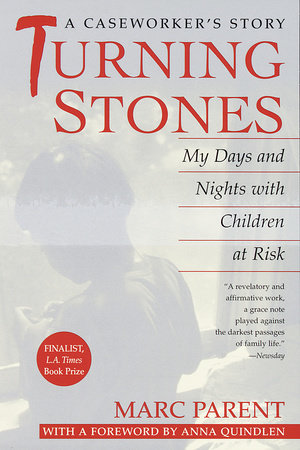
Turning Stones
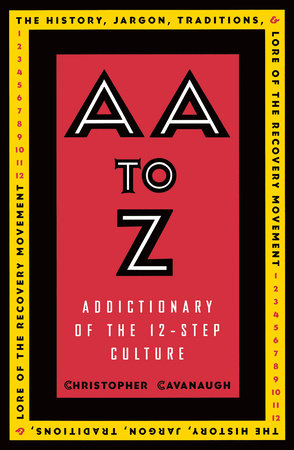
AA to Z
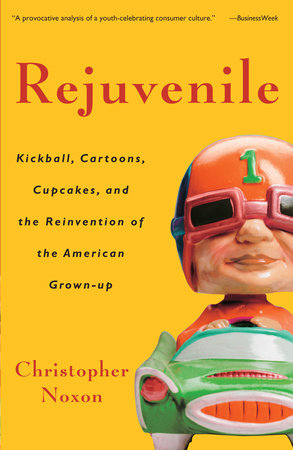
Rejuvenile

More Letters from a Nut
Praise
“With wit and wisdom, [Daniels] explores and exposes the ghetto ‘mindset’ that demeans women, devalues education, ridicules proper English, celebrates criminality, discards traditional parenthood, and celebrates tacky fashion. Yet Ms. Daniels writes with an undertone of love. She softens the inevitable ‘elitist’ label that some critics have pinned on Bill Cosby by spreading the blame. At a time of great national argument over who is to blame for poverty, racism, or bad habits, Ms. Daniels reveals that society can be blamed.” —Clarence Page, Baltimore Sun
“Daniels widens the scope in a way that is blunt, personal, and challenging.” —Entertainment Weekly
“Cheeky, heartfelt, and hip. Daniels’s casual, extemporaneous tone keeps this sophisticated work accessible to a wide audience…” —Publishers Weekly
“Daniels’s is a sobering critique that should be understood by every American.” —Steve Goddard’s History Wire
“Rather brilliantly, what [Daniels] describes as ‘ghetto’ behavior and thought is not color-coded . . . That such a brave and unflinching book could be written by a black woman in this time is quite inspiring.” —Stanley Crouch, New York Daily News
21 Books You’ve Been Meaning to Read
Just for joining you’ll get personalized recommendations on your dashboard daily and features only for members.
Find Out More Join Now Sign In







